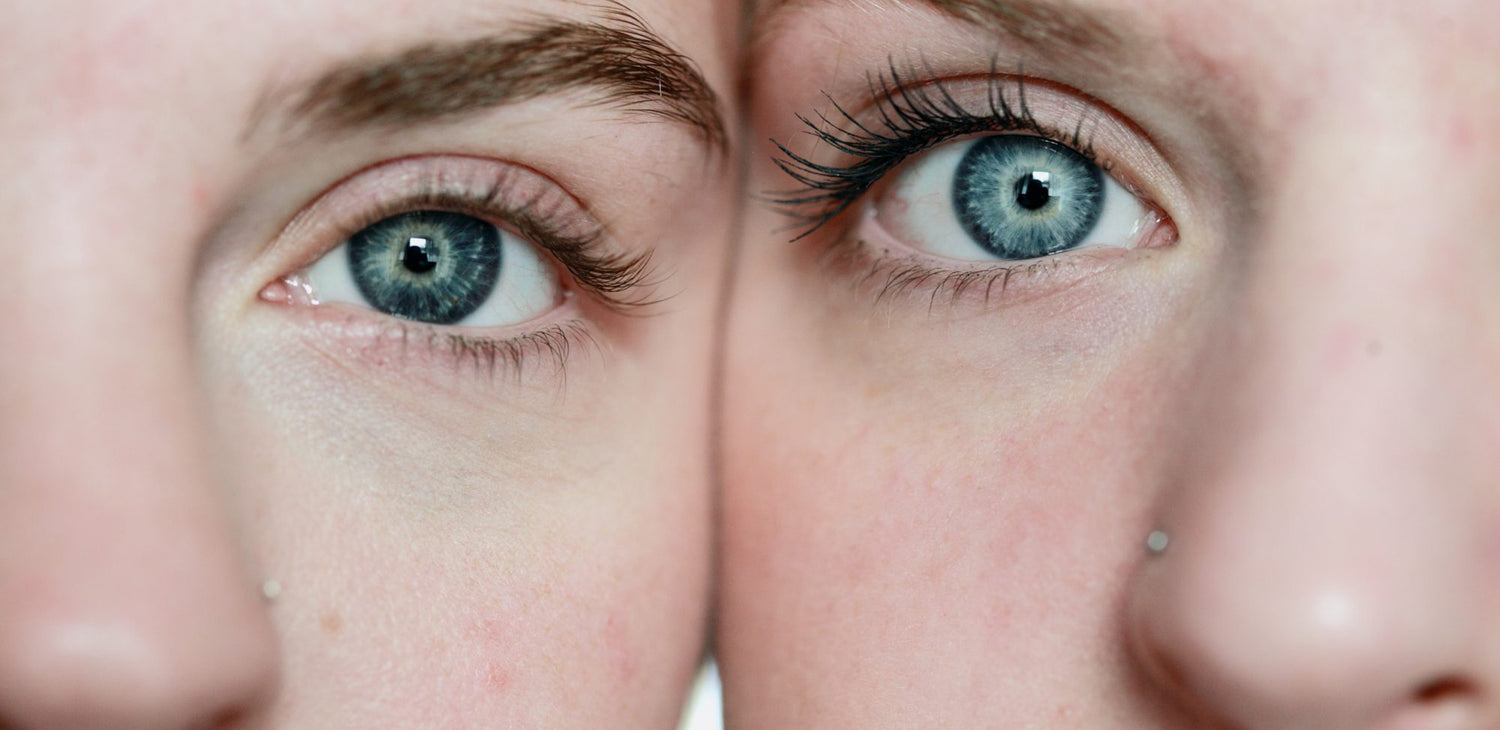The public already knows you as an excellent dermatologist, scientist and author of numerous scientific papers. During your education, training and activities, you have devoted yourself especially to psoriasis and atopy. How was the love for dermatology born?
My love for dermatology happened during my internship during my dermatology residency. There, I got an insight into the breadth of this profession, from malignant changes on the skin to systemic diseases that manifest on the skin and the aesthetic side of this profession. Namely, during my medical studies, I thought I would be a pediatrician, but I first chose the scientific path towards dermatology, and then I did a specialization. Today, my field of work is pediatric dermatology, which enabled me to fulfill my desire to treat children, and I also have experience in treating patients with psoriasis and other auto-inflammatory skin diseases.

You encounter sensitive, reactive skin more and more often in adults. Very often, such symptoms are diagnosed with you - rosacea. What does such (or similar) diagnosis mean? What phenomena on the skin should be paid special attention to - and must be referred to a dermatologist?
Sensitive skin is a facial condition that reacts to numerous irritants in our environment and cosmetics, with symptoms of burning and itching. Such skin has a tendency to develop rosacea, a disease characterized by facial redness, the appearance of pustules and papules on the central part of the face. The resulting redness is a reflection of dilated blood vessels on the face, which is impossible to treat with classic creams, but other inflammatory features of rosacea are treated with local antibiotics and insecticides as well as systemic therapy. In addition to all that, skin care is the basis to be able to maintain sufficient hydration and reduce the feeling of burning and itching. It is necessary to contact a dermatologist when facial redness and symptoms become burdensome for daily quality of life.
How does skin sensitivity occur? It's something we can be born with, but also something we can "earn" during life, right?
Sensitive skin is inherited like all other types of facial skin. Someone has dry skin, someone oily, and a third person has sensitive facial skin. External influences such as UV radiation, smoking or the use of aggressive cosmetics can cause facial skin to become hypersensitive and dry.
With such chronic conditions, it is important to get to know the skin well and maintain it, at least to some extent, in continuous balance. How to do it in practice, day by day?
Any type of facial skin requires constant care, because any neglect of the skin can lead to disease states. There are three simple steps - cleaning, hydration and regeneration and protection of the facial skin. Facial cleansers should be adapted to cleanse the face without removing normal flora. Hydration is necessary for all types of facial skin in order to maintain the barrier, as well as regeneration with which we restore nutrients. Protection of the facial skin from harmful UV radiation completes the maintenance of the skin in order to prevent additional damage in the form of premature aging and malignant changes on the skin.

In daily skin care, products that combine essential hydration, nourishment and soothing with concrete ingredients are practical, proven to be beneficial for intolerant skin prone to redness. Which ingredients are particularly interesting to you?
I can highlight ingredients that soothe the skin, such as azeloglycine and the CM molecule that contains Amino activator CM , which are an integral part of cosmetics for sensitive facial skin. It is important that cosmetics do not contain alcohol and other potential irritants.
May is the month of the fight against melanoma. How often, in your practice, do you encounter the consequences of reckless exposure to the sun?
I face the consequences of irresponsible behavior in the sun every day. People come in for a check-up of moles after a summer tan or after getting burned during a barbecue at the cottage in the spring. There is a lot of talk in the media about responsible behavior in the sun because UV rays are an external harmful factor for our skin and we can prevent our exposure to them . The skin remembers and after certain years leaves traces of chronic sun damage such as brown spots, dilated blood vessels, comedones and malignant changes.
The basis of the prevention of skin diseases due to the effects of UV radiation is exactly dermatological examinations - they last a short time, but mean a lot. Do you have a message for all those who may not have taken the plunge yet?
It is always a good decision at some point in life to examine your moles so that a professional can give an opinion on the type of mole you have and, based on that, recommend further examinations. Examination of moles is painless, and most importantly, it can save someone's life .


